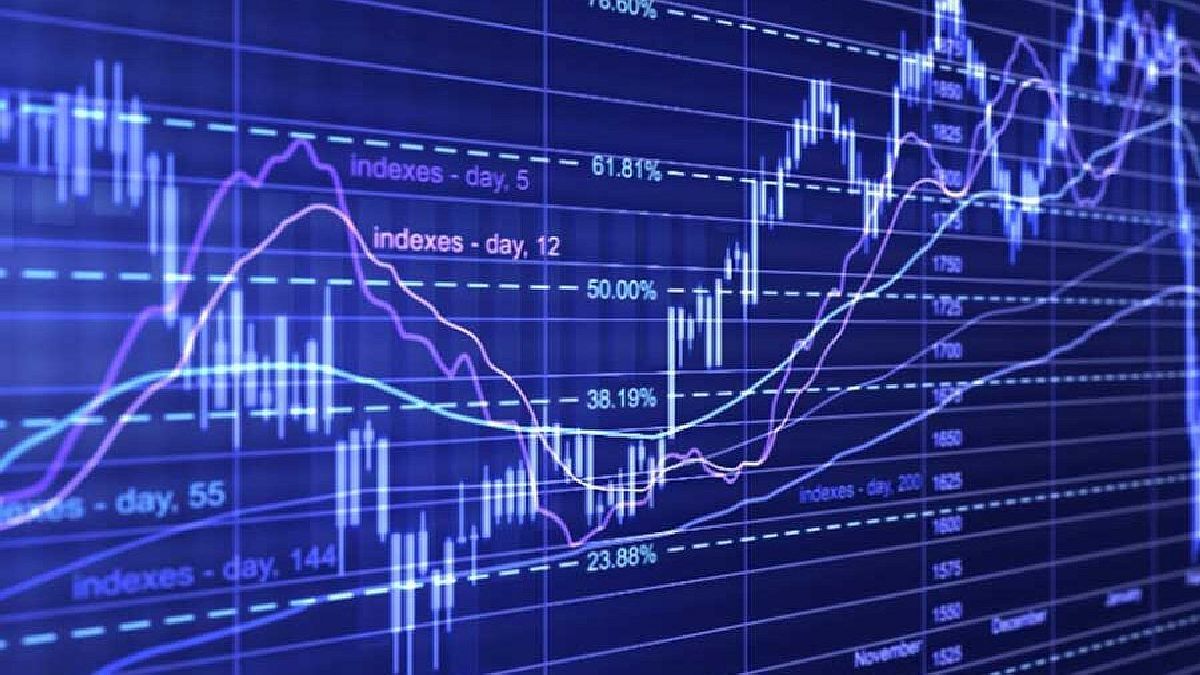Now, beyond the rate hike itself, the market will pay close attention to Powell’s subsequent speech, in which he will give clues about future economic projections. “These events are expected to have a direct impact on the markets, as is already happening with the US Treasury rate, which reaches 2.18%, values not seen since May 2019”, commented from Cohen.
For his part, Diego Martínez Burzaco, head of research and strategy at Inviu, warned to Scope what “Today it is not so clear what scenario the Federal Reserve will favor in the short term: whether it will try to control inflation by being aggressive, or whether it will advance more gradually considering that the economic outlook has deteriorated quite a bit. due to the war, the consequent rise in commodities and the brake on private investment”.
In any case, the base scenario that Martínez Burzaco manages from Inviu is that The Fed “is going to choose to be more measured, raising its interest rate, but trying not to give such an aggressive message to the market, despite the fact that inflation in the United States is higher. We believe that it will act in this way until the uncertainty of the war and its impact on economic expectations dissipate.
For Norberto Sosa, director of IEB, meanwhile, “The Fed needs to recreate credibility, therefore, it is obliged to raise the rate at least 25 basis points, which is discounted by the market.” Still, the central issue for Sosa is what to do with the balance sheet. “The market thinks it should stop expanding, but at the same time it doesn’t like to hear the idea of a contraction too fast.”
Effects of the Fed’s decision on Argentine assets
Under the perspective of a gradualist Fed, with rate adjustments in a dosed manner, and slowing down, at the same time, its plan to withdraw part of the liquidity from the financial system after issuing heavily during the worst moments of the pandemic, emerging assets could react relatively positively temporarilysay the specialists.
“It will be a temporary relief for emerging markets because a less aggressive Federal Reserve will mean that capital does not flow rapidly to the US. This should support a trend we saw at the beginning of the year, when Latin American markets were better off than Wall Street in relative terms.”analyzes the head of research and strategy of Inviu.
On the rebound, due to the so-called spillover effect, this trend also helped Argentine assets, together with the positive effects of the announcement of the agreement with the IMF for the debt. “It was not because of the conviction of foreign and local investors about a change in expectations, it was just the spillover effect. Now, in the same way, this scenario of a gradualist Fed could give some positive support to the prices of local stocks and bonds”, added Martínez Burzaco.
For his part, the director of IEB projects that if the Fed does not stop the expansion of money it will be a negative signal, considering the market that “it will not be able to moderate inflation and therefore, it will affect emerging (and Argentine) stocks and bonds downwards, except for TIPS (U.S. Treasury bonds adjusted for inflation).” With which, “The best news would be that it stops expanding and that it analyzes over time when it would have to contract,” he says.
It is worth noting that Argentine bonds in dollars are conditioned by the performance of emerging debt in general. “Until emerging debt improves in general, it is difficult for Argentine bonds to improve”Sosa remarks.
Impact of the agreement with the IMF on bonds
Leaving the global situation, Argentina plays its own “game”, linked to the debt agreement with the IMF. If there is no unforeseen event, Congress will approve this week the understanding with the agency, which will be endorsed later by the Fund’s board. This could also have implications for Argentine bond prices.
“Taking the main financial variables, we observe that both the alternative exchange market (MEP/CCL) and the stock market echoed this advance, which is positive for the local macroeconomy because it clears the uncertainty that Argentina faces a non-payment ( default) with the IMF”, explains Maximiliano Donzelli, head of research at IOL.
However, dollar bonds were decoupled from this improvement and their prices were even lower at the time the pre-agreement was known at the end of January. This situation had its origin in the poor global performance of global fixed income assets, after the Russian invasion of Ukraine, say specialists.
Thus, “in a short-term horizon, We expect dollar bonds to be coupled with the good performance of the rest of the financial assets, with bonds in foreign law GD35 and GD41 presenting the best risk-return ratio,” Donzelli said.
Source: Ambito
David William is a talented author who has made a name for himself in the world of writing. He is a professional author who writes on a wide range of topics, from general interest to opinion news. David is currently working as a writer at 24 hours worlds where he brings his unique perspective and in-depth research to his articles, making them both informative and engaging.




